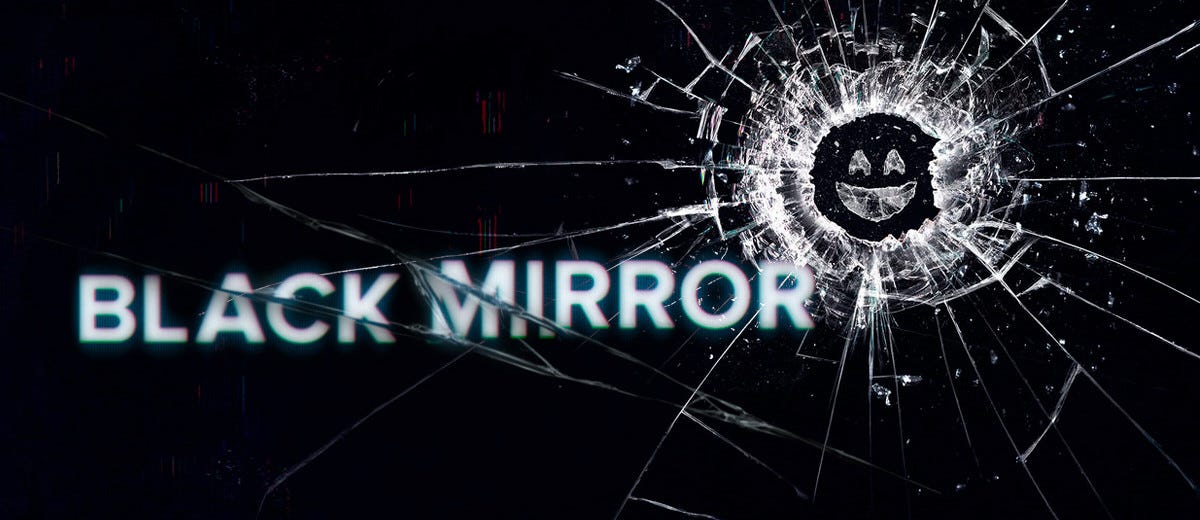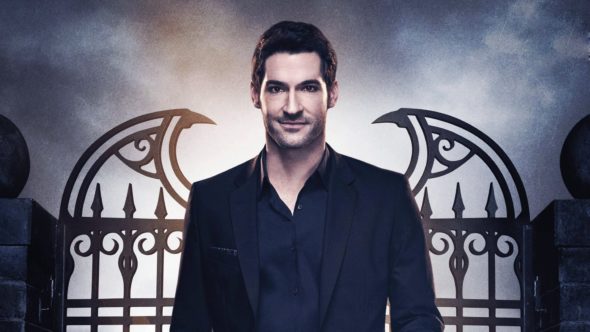Sins of Humanity

If you’ve ever truly contemplated how drastically technology has progressed in even the last twenty years, it’s quite mind-blowing. In the past 20 years, humans have created the iPhone, Facebook, Twitter, iPods, hybrid cars, and so much more. This increase in technology is certainly what makes our day-to-day lives easier, but it has also led to a lot of different and unique problems. According to Pew Research Center, technology creates more problems than it solves.
For one, misinformation is a constant problem on the web. How often in the last 5 years have we heard the phrase “fake news”? As silly as it sounds when we hear it so often, sorting between fact and fiction is an online battle that we have to wage every day. Being able to discern the truth is a practice that can never really be mastered. In college, we’ve been taught to gather information from several different reputable sources instead of just one. Still, though, many “reputable” sources deliver contradictory information from other, equally reputable, sites.
Peter Lunenfeld, a professor of design, media arts and digital humanities at the University of California, Los Angeles, and author of “Tales of the Computer as Culture Machine,” predicted,
“We will use technology to solve the problems the use of technology creates, but the new fixes will bring new issues. Every design solution creates a new design problem, and so it is with the ways we have built our global networks.”
The Best Episodes
Black Mirror brings issues with technology to the front of its viewers’ minds. Some of the episodes take a more anthropocentric point of view, while some are very clearly technology/machine-driven.
Some of my favorite episodes are as follows, in no particular order:
- White Bear– This episode follows a woman named Victoria. She wakes up with no memory of her life, and no one she talks to will communicate with her. I won’t spoil the episode, but it takes a drastic twist that is worth watching.
- White Christmas– Three different stories all connect together in this episode. It took me rewatching it a couple of times to fully comprehend what was happening, but it centers around two men in a cabin around Christmas time. Because of the complexity behind it, this is one of the longer episodes, at just a little over an hour.
- Nosedive– This episode centers around a society of people obsessed with their status on social media. It has a lot of reality woven into it, as people are defined by the number of stars they have- kind of like how the rideshare service Uber operates. When someone’s score drops below a certain number, it’s essentially the end of the world.
- Playtest– I think this episode may be my all-time favorite Black Mirror episode, simply due to the concept behind it. It follows a cash-strapped traveler named Cooper who signs up to test some new video games. This sounds like a pretty simple concept, but in true Black Mirror fashion, involves a massive twist that the viewers would never see coming.
- Bandersnatch– Some may consider this a movie instead of an episode because of its length, but I’ve included it in my list nonetheless. Bandersnatch takes an interactive route to the entire episode, giving viewers at home the opportunity to make choices for the main character, in real-time. Depending on the choices you make, there are several different paths that the episode can take. This one also involves video games, and again contains twist upon twist that leaves the main characters at the mercy of the viewer. This episode bends reality, and really gets you to think about your life. As one of the first of its kind, Bandersnatch really allows for an immersive TV-watching experience.
What does it all mean?
Black Mirror is definitely one of the most thought-provoking shows that I have ever watched. Each episode prompts the viewer to think about some new way that human nature can turn technology into something used for nefarious purposes.
For me personally, I enjoy the thought exercises that Black Mirror forces me into. What if everything in our society was based on your social status? Sounds eerily familiar to our modern world today, if you ask me. Socioeconomic status affects who goes to college versus who pursues a trade- and what scholarships or financial aid is awarded to those who choose the college path.
I’ll leave you with one of the most poignant quotes from Bandersnatch:
“There’s messages in every game. Like Pac-Man. Do you know what PAC stands for? P-A-C: “program and control.” He’s Program and Control Man. The whole thing’s a metaphor, he thinks he’s got free will but really he’s trapped in a maze, in a system, all he can do is consume, he’s pursued by demons that are probably just in his own head, and even if he does manage to escape by slipping out one side of the maze, what happens? He comes right back in the other side. People think it’s a happy game, it’s not a happy game, it’s a fucking nightmare world and the worst thing is it’s real and we live in it. It’s all code. If you listen closely, you can hear the numbers. There’s a cosmic flowchart that dictates where you can and where you can’t go. I’ve given you the knowledge. I’ve set you free. Do you understand?”

